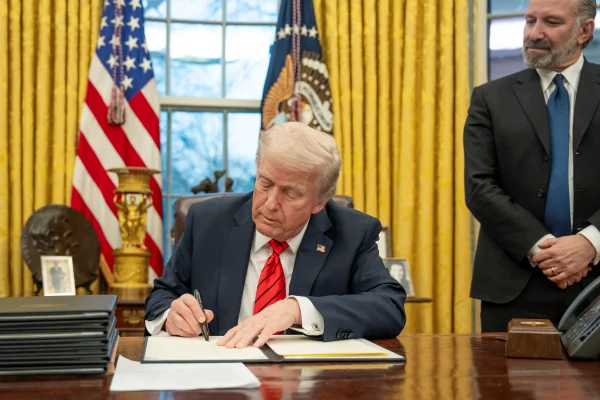Oil May Exist off Somalia’s Coast
The waters off of Somalia, primarily known for piracy, might be home to massive deposits of underwater oil.
In the 1950s, oil companies investigated the possibility of oil in the East-Africa country. When the Horn of Africa was destabilized in 1991, these companies were scared away. For the past few years, as Britain has provided aid to the war-torn country, they have secretly been in talks with Somalian officials about exploiting the sources of oil in the country.
Due to undersea gas found in countries neighboring Somalia, such as Tanzania and Mozambique, explorers have been searching for that same gas in the waters off Somalia. These explorers have struck the oil-equivalent of gold; that is to say, crude oil.
In October, seismic service company Spectrum found that Somalia’s oil might be at a depth where crude oil, not gas, would form. It is far easier and cheaper to extract crude oil than it is to set up the multi-billion dollar machinery needed to extract gas. The government in Somalia is still relatively weak and often faces allegations of mismanagement as well as corruption, so it might be hard for them to actually get at their reserves.
Since October, the Obama Administration has quietly increased military presence in Somalia. Currently, hundreds of troops are deployed in the country. This was done under the guise of eliminating Al-Shabaab, an Islamic terror group.
The military force in the region is authorized by an armed conflict Congress passed shortly after 9/11 that enables the United States to attack any forces deemed responsible for the fall of the World Trade Centers. Al-Shabaab was formed in 2006, five years after 9/11. This has generated controversy among those who have noticed, though the increase in military presence has gone generally unreported.
“It’s crazy that a piece of legislation that was grounded specifically in the experience of 9/11 is now being repurposed for close air support for regional security forces in Somalia,” said Micah Zenko, a senior fellow at the Council on Foreign Relations.
The United States has a history of fighting wars in countries that have large oil reserves. Oil was undoubtedly a part of the decision to invade Iraq in 2003. Going back even further, the Carter Administration’s interest in the Persian Gulf was, at least in major part, due to oil. In the late 1970s, terrified by the Oil Crisis of 1973, the United States sold Iran, the fourth most oil rich country in the world, over $20 billion in weapons.












